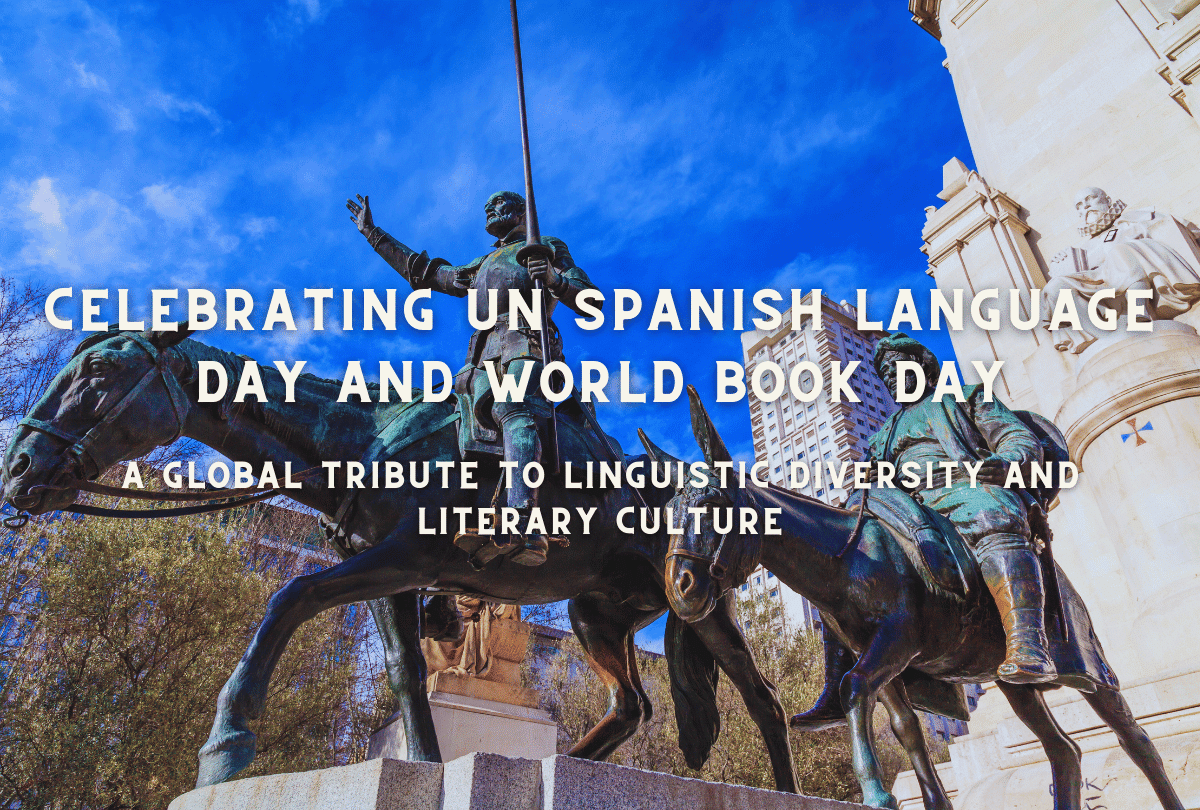Mexico City

Commemorating the Literary Voice of Mexican Women on International Women’s Day
This article is also available in Spanish
Pioneers of modern literature: Elena Garro, Amparo Dávila, and Rosario Castellanos
Elena Garro, Amparo Dávila, and Rosario Castellanos are pioneers who challenged literary conventions and delved into the complexity of the female experience in their works.
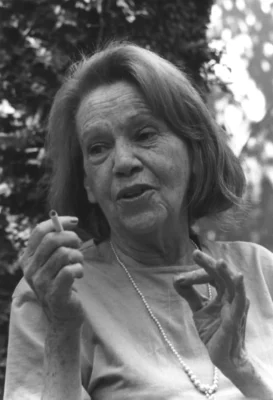
Elena Garro
Her work Los recuerdos del porvenir (1963) is a bold novel that weaves Mexico’s history with a woman’s life in a patriarchal environment. Garro unravels the mysteries of memory and time, offering a unique insight into women’s lives in her era.
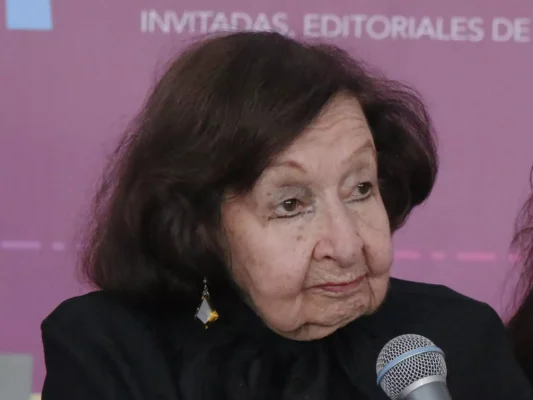
Amparo Dávila
With stories like Música concreta and Árboles petrificados, Dávila explored the dark and the surreal, taking readers to mysterious worlds that reflect the internal and external struggles of women.
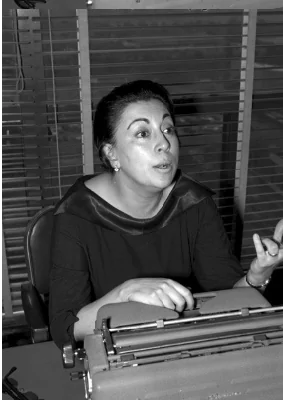
Rosario Castellanos
Her most well-known work, Mujer que sabe latín (1973), is a collection of essays addressing feminist and social issues. Castellanos was an influential voice emphasizing the importance of education and autonomy for women.
Contemporary Writers Challenging the Status Quo: Fernanda Melchor, Brenda Navarro, and Guadalupe Nettel
Contemporary writers continue the legacy of their predecessors, exploring contemporary themes with a fresh and courageous perspective.
Fernanda Melchor
Her novel Temporada de Huracanes (2017) tackles gender violence and marginalization in a rural community. Melchor uses an innovative narrative style to explore the complexities of relationships and the injustices women face.

Brenda Navarro
With works like Casas vacías (2017), Navarro explores motherhood and female identity in a society that often confines women to traditional roles. Her poetic prose offers an intimate look at the experience of being a mother.
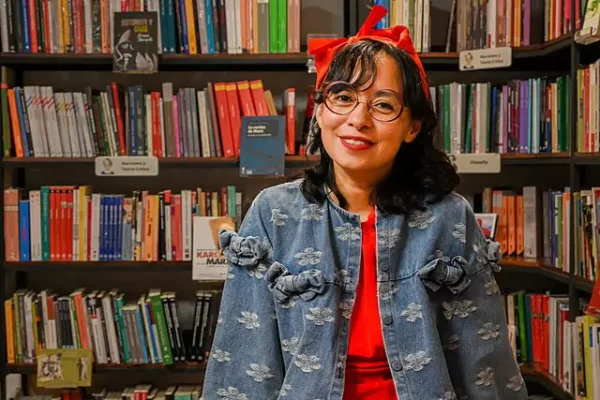
Guadalupe Nettel
Nettel’s novel Después del invierno (2014) addresses loneliness and human connection. Her introspective and moving writing provides a unique insight into the female and human condition in general.

On this International Women’s Day, we invite everyone to explore the richness of literature written by Mexican women. In addition to enjoying these works in Spanish, we also encourage those who do not speak Spanish to explore English translations. Reading in various languages allows us to appreciate the diversity of perspectives and gain a deeper understanding of the Mexican woman’s thought.
Literature is a bridge that connects cultures and experiences. As we commemorate March 8th, let us remember the importance of listening and learning from the voices of women whose words have left an indelible mark on the literary history of Mexico and the world.
And you, what books written by women do you recommend? From Mexican culture or other cultures? Share your ideas and recommendations in the comments.
You might also like
December Celebrations in Mexico: Traditions Full of Joy (English)
English Spanish In Mexico, the December holidays are a time filled with traditions, family, and many celebrations. These festivities are known as…
Fiestas Decembrinas en México: Tradiciones Llenas de Alegría (Español)
English Spanish En México, las fiestas decembrinas (de diciembre) son un tiempo lleno de tradiciones, familia y muchas celebraciones. Estos días de…
The Day of the Dead Altar: A Mexican Tradition to
English Spanish What is the Day of the Dead altar in Mexico? The Day of the Dead altar, or “ofrenda,” is a significant…
El Altar de Día de Muertos: Una Tradición Mexicana para
English Spanish ¿Qué es el altar de Día de Muertos en México? El altar de Día de Muertos, u ofrenda de Día de…
Celebrando el Día del Español de la ONU y el
English Spanish Cada año, el 23 de abril, el mundo se une para celebrar el Día del Español de la ONU y…
Celebrating UN Spanish Language Day and World Book Day: A
English Spanish Every year on April 23rd, the world comes together to celebrate UN Spanish Language Day and World Book Day, a…







